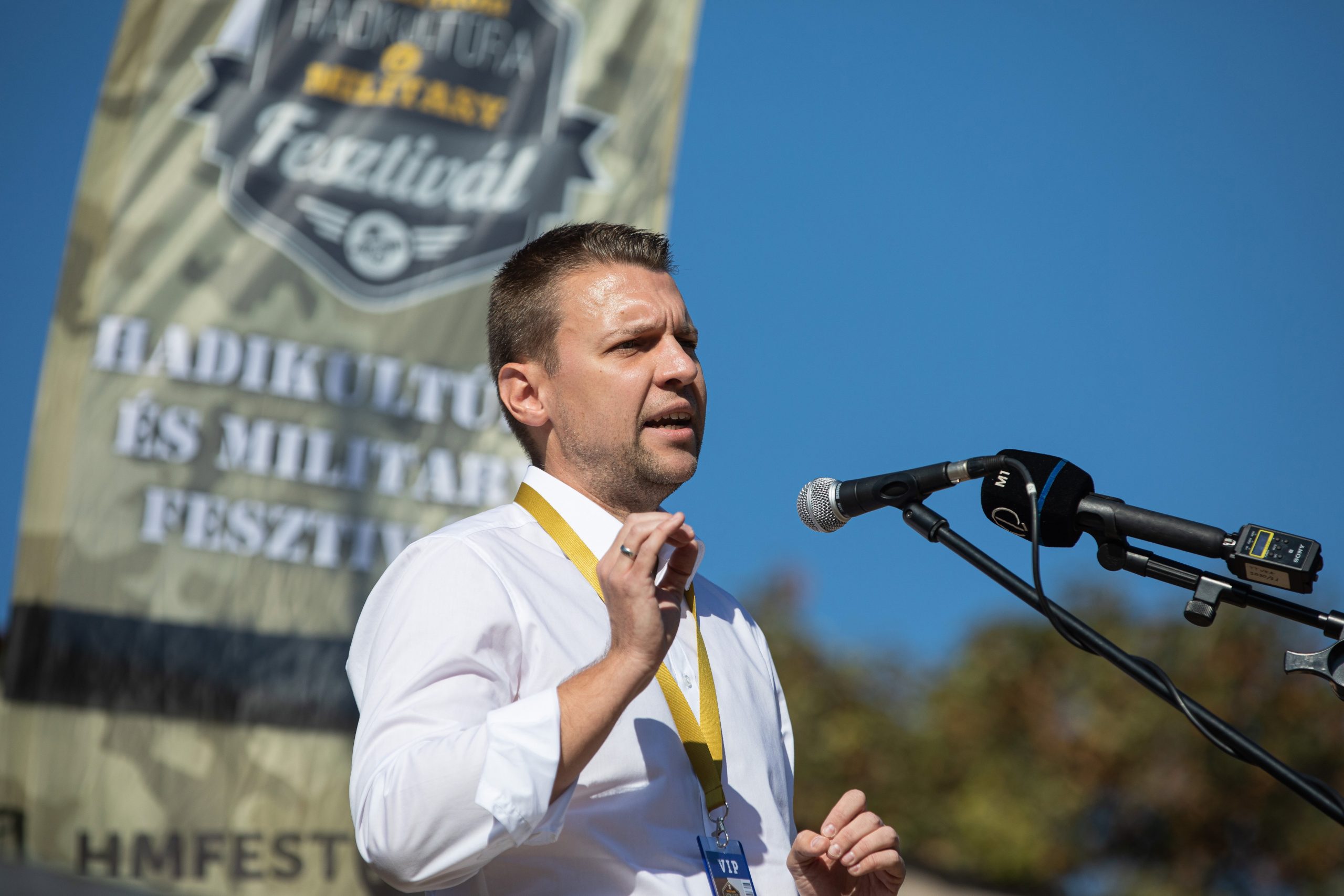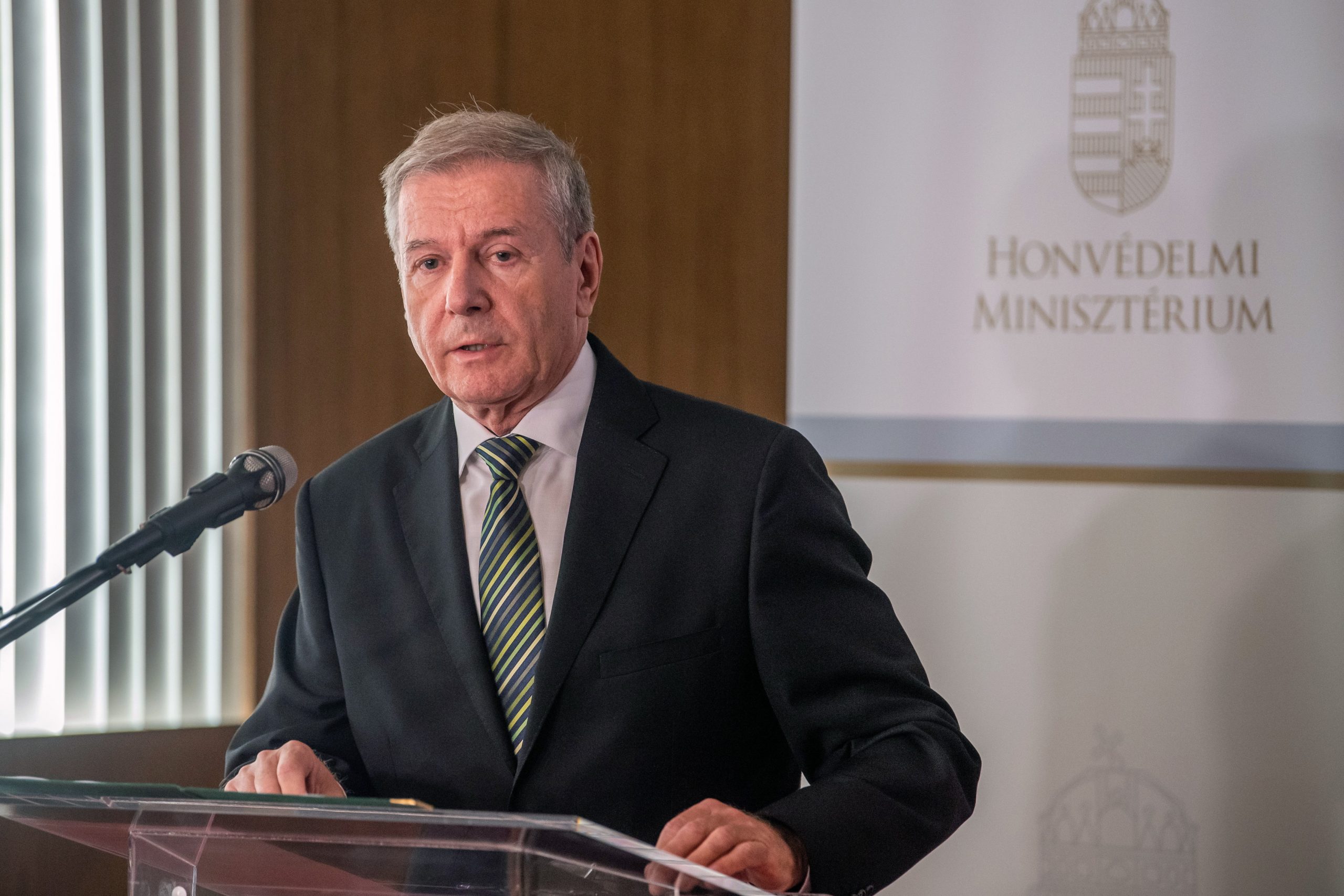
In addition to the pandemic, we are exposed to the danger of illegal mass migration, which we must defend ourselves against," state secy Menczer said.Continue reading

The peace and security of the Western Balkans is of key importance to Hungary and NATO, Defence Minister Tibor Benkő said on the sidelines of talks between NATO defence ministers in Brussels on Friday.
Central Europe and Hungary lie on the intersection of threats from Russia in the East, and from terrorism and illegal migration rooted in unstable states in the south, Benkő said. The stability and security of the entire region is therefore extremely important, he said.
In line with NATO guidelines to boost security and defence, Hungary is focusing on building and developing national capabilities, and offering them for use in multinational settings, he said. Hungary has also worked to raise defence spending, he added.
Hungary will also play a large role in maintaining peace in Kosovo, with a Hungarian officer taking over command at KFOR, its largest force in the region, he said.
Hungary is on track to reach the goal set by NATO to raise defence spending to 2 percent of GDP by 2024, and to spend 20 percent of that money on developments, he said.
It is also heading an multinational division headquarters and has set up a Regional Special Operations Component Command too, he said.
Regarding NATO’s role in Afghanistan, Benkő said the withdrawal “was more like evacuation … it seems clear that … a military operation should not be concluded this way.” “The question isn’t how many we have evacuated but how many we left behind who would have needed help,” he said.
Although the operation’s original objective was the fight against terrorism, a consensus on the experiences and results of the 20 year presence in Afghanistan will “take long to write”, he said. The end of the operation is “a cautionary tale on how military operations should be left to soldiers,” he said.
featured image via Zoltán Balogh/MTI